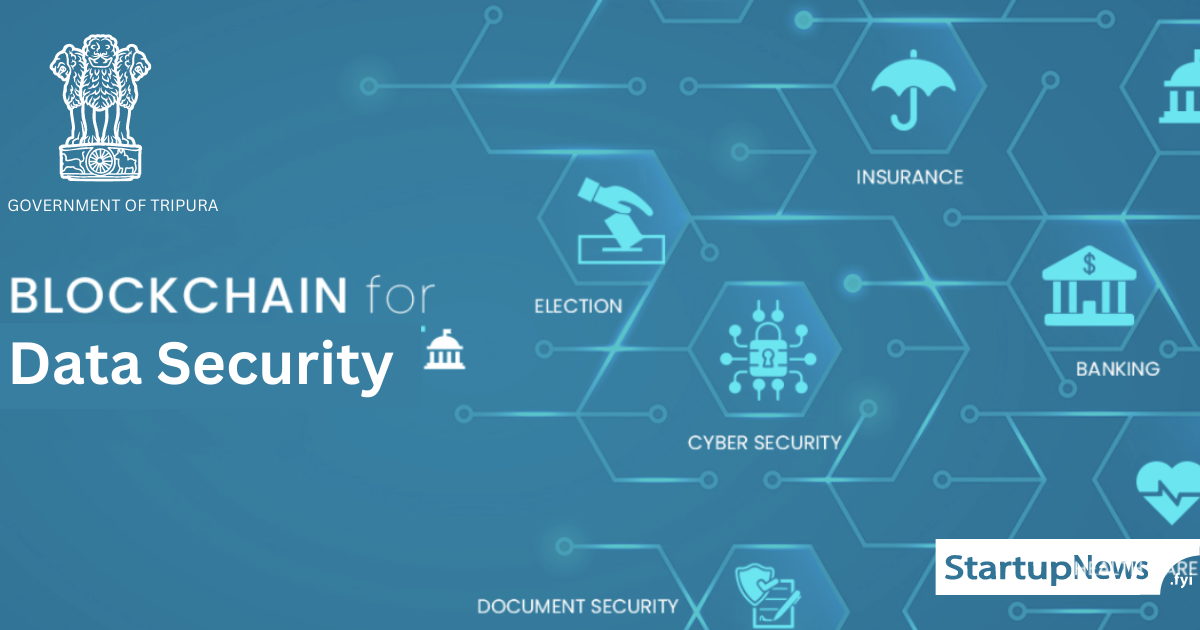The Tripura government has taken a significant step towards enhancing data security by adopting blockchain technology for its beneficiary management system. This move aims to ensure the integrity of state beneficiary data while mitigating the risks of data manipulation.
Collaboration with NIC Blockchain Centre of Excellence
To implement this initiative, the state government has collaborated with the NIC Blockchain Centre of Excellence located in Bengaluru. By leveraging the APIs provided by the center, Tripura can securely store its state beneficiary data on the blockchain, safeguarding essential records from potential tampering.
Protecting Beneficiary Data Through Blockchain
Tripura’s adoption of blockchain technology centers around securing scheme-wise approved beneficiary lists, sanctioned transaction requests, and detailed information on successful transactions. This approach aligns with the state’s commitment to advancing ‘Digital Tripura’ and fortifying its digital infrastructure.
Exploring Blockchain’s Potential for Government Services
Dr. Naresh Babu, the Director of IT in the Tripura government, expressed enthusiasm for blockchain’s potential beyond data security. He intends to explore the application of blockchain technology for issuing government-to-business certificates, such as licenses. Dr. Babu is also intrigued by the India Blockchain Forum’s Web3 Sandbox, which offers an opportunity to develop and test innovative use cases.
Government Joining the Growing Blockchain Trend
Tripura joins a growing roster of Indian states and government bodies embracing blockchain technology for diverse purposes, ranging from e-governance to healthtech, agritech, and fintech. States like Telangana, Karnataka, and Tamil Nadu have introduced various blockchain initiatives, including property registration and regulatory sandboxes. The Ministry of Electronics and IT (MeitY) published the National Strategy on Blockchain in December 2021, outlining the government’s intentions for adopting blockchain across multiple sectors. While blockchain’s potential is recognized, regulatory considerations and the need for international standards remain focal points of discussion.
A joint report by Deloitte and FICCI highlights blockchain’s varied uses in the public sphere. These include health records, digital certificates, land registries, voting systems, smart contracts, and academic certificates. India’s exploration of blockchain underscores its potential to reshape governance, commerce, and public services.
Also Read The Latest News:
Indian OTT industry bodies confirm compliance with IT rules



![[CITYPNG.COM]White Google Play PlayStore Logo – 1500×1500](https://startupnews.fyi/wp-content/uploads/2025/08/CITYPNG.COMWhite-Google-Play-PlayStore-Logo-1500x1500-1-630x630.png)